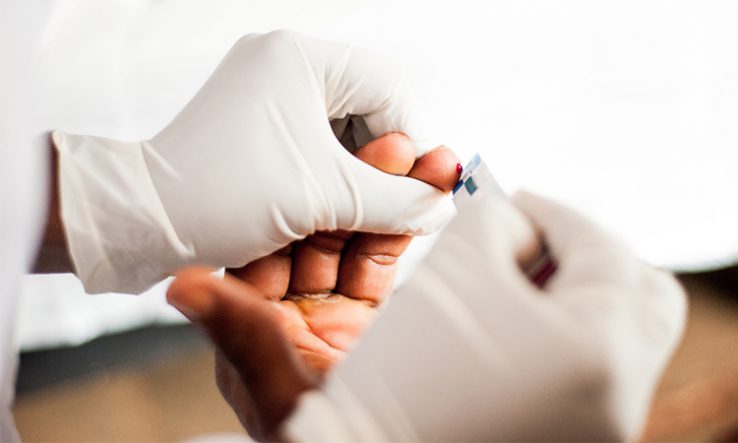
Critics say the US$30m cost should have been invested in African institutions
A United States-funded programme to help African countries use their malaria-fighting resources more effectively has been slammed by critics who say it reinforces colonial structures and merely reproduces Africa-led efforts.
The US President’s Malaria Initiative launched a five-year, US$30 million operational research and programme evaluation project on 26 January. It is led by Path, a Seattle-based public health nonprofit with a global footprint, in collaboration with seven other organisations based in the US, the United Kingdom, and Australia.
The PMI Inform programme “will generate evidence and data to inform national malaria programmes and the global malaria community of best practices, while strengthening research capacity in PMI-supported countries,” Path said in a media statement. It aims to align actors in PMI partners countries—which include 24 in Africa—in combatting ‘pressing gaps’ in malaria.
The idea is to engage with in-country organisations. “We are excited to collaborate with national malaria programmes, in-country research institutions, and our consortium of partners to address key questions that countries grapple with as they work to reduce the burden of malaria and keep elimination efforts on track,” said Magen Littrell, the initiative’s director, in a statement.
But several public health experts have criticised the project. “This is scientific colonialism,” says Ngozi Erondu, a United Kingdom-based infectious disease epidemiologist who specialises in health policy in Africa. She asks why none of the eight organisations making up the consortium running the project are Africa-based.
Erondu adds that the Path-led project is “scarily similar” to one that has been running for 20 years at the Kenya Medical Research Institute-Wellcome Trust Research Programme, which even shares the name of the initiative launched last week: Inform.
Emelda Okiro, a researcher with Kemri-Wellcome, corroborates this. “We’ve been working in this space for years doing exactly this,” she says, adding that, for impact, it’s better to invest in institutions with local capacities: “There are several such institutions.”
“These kinds of projects should have stayed in 2010,” says Catherine Kyobutungi, executive director of the African Population and Health Research Center in Nairobi, Kenya. Large international organisations have been operating this way for decades, she says.
“[They] get lots and lots of money to do work in Africa or Asia, put together a huge consortium of similar organisations with insane overheads, work with local partners for five years, build their capacity and repeat over and over again.” Then, she adds, 20 years later they question why their capacity building efforts have not resulted in strong local partners.
Research Professional News contacted both Path and USAID, which manages PMI, asking them to comment on the lack of Africa-based consortium members, whether the initiative duplicated existing efforts, and how they would respond to critiques around scientific ‘imperialism’.
Path said, in a statement: "Working with malaria program leaders and researchers from malaria-endemic country institutions is core to PMI INFORM’s planned approach for prioritising, designing, implementing, and disseminating malaria evaluation and operational research. This includes clear alignment and collaboration with local stakeholders on research priorities."
A USAID spokesperson said: "The US President’s Malaria Initiative prioritises country leadership and coordinates with malaria control programs in PMI partner countries in Africa and the Mekong region to scale up malaria control interventions.The new PMI Insights for Malaria (INFORM) project, launched in October 2020, will contribute to the growing body of evidence for effective malaria control and elimination."
They added: "This consortium will advance and strengthen long-standing relationships to local institutions in PMI partner countries that will lead or co-lead operational studies and program evaluations to answer locally-driven research questions.The project will also strengthen in-country capacity to design and conduct studies, measure the success and impact of interventions, and support the timely dissemination of results to national malaria programs and policymakers."
Kyobutungi says it’s “shameful” that such projects should be launched in 2021—especially since last year’s Black Lives Matter protests prompted many global health organisations to issue statements on racial justice and equality.
“I’m sure their strategies include equitable partnerships and not perpetuating inequitable systems, so hey, here’s their chance to do the right thing,” she says.
This article was updated at 12.30 UK time to add a comment from USAID.